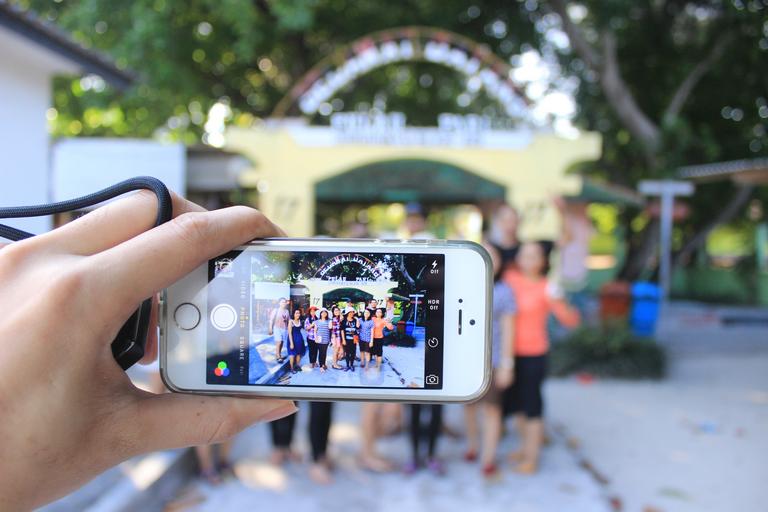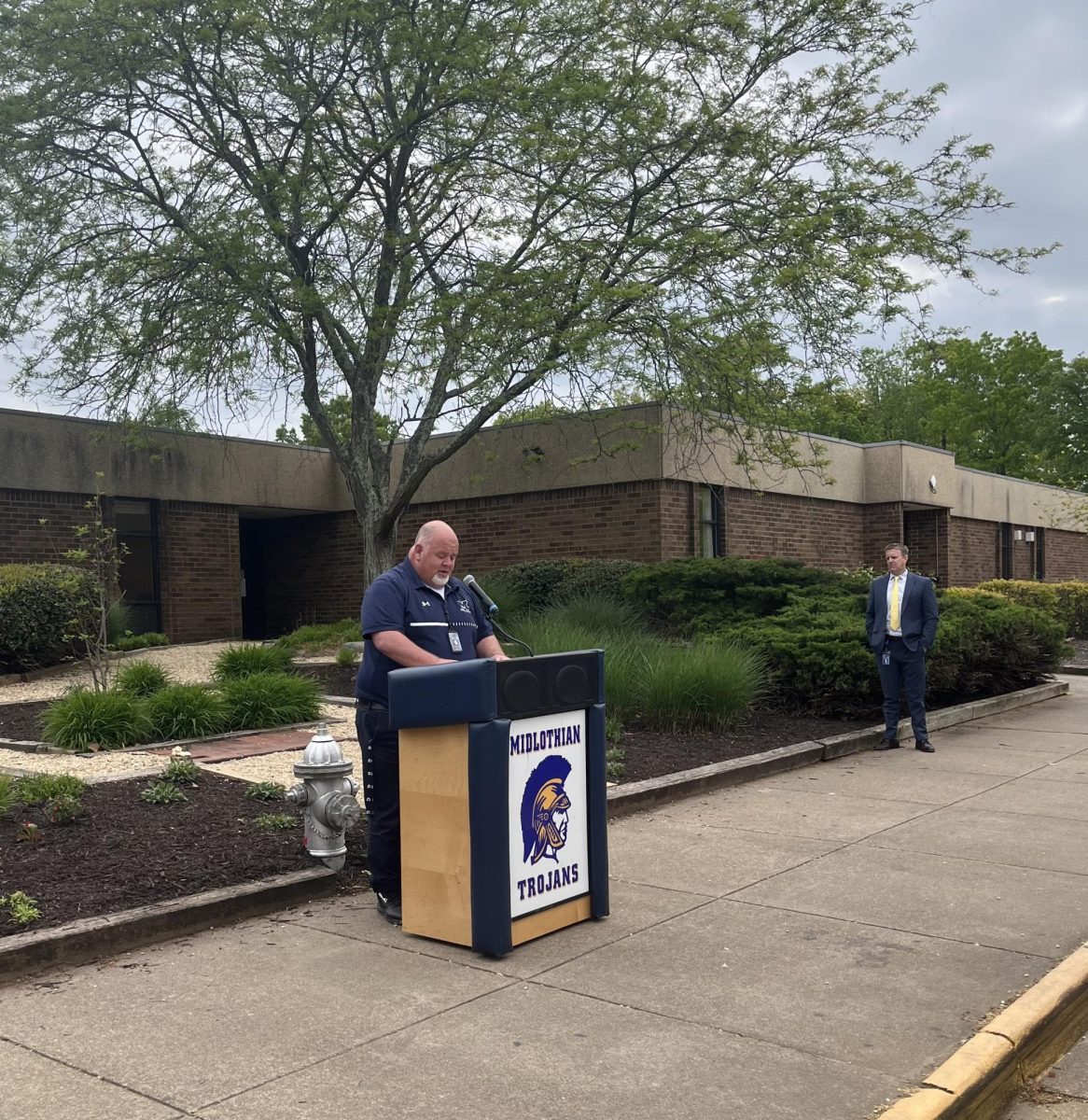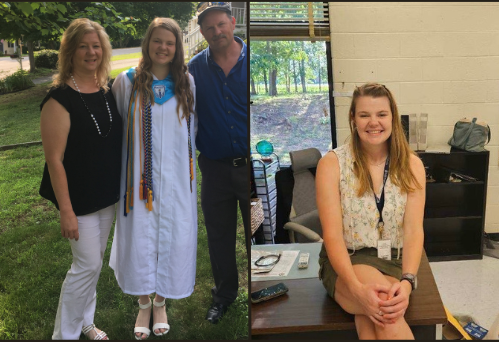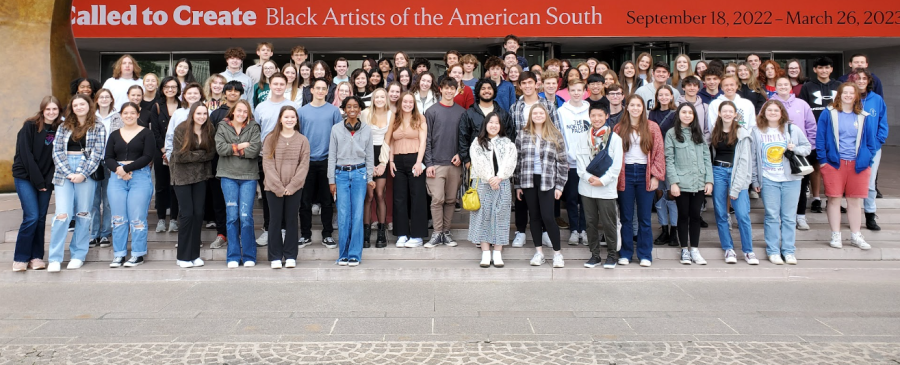By this point, we all know what the COVID-19 pandemic is. Whether you’ve been personally affected by the virus or know others who have, we’ve been dealing with COVID-19 for over a year now. But recently there have been efforts in a new, positive direction. With mass vaccine distribution and the persistence of mandates and guidelines, across the country, cases of COVID-19 have decreased. Although this has helped alleviate the fear of the virus, another fear has arisen: post-COVID life.
Scientists and public health specialists all over the Country have been talking about their predictions for a post-pandemic world. In an article published by Huffington Post, Professor Hillary Godwin, a Dean at The University of Washington School of Public Health, spoke about societal changes expected in a PC (Post-COVID-19) world. Godwin predicts the effects of social distancing and mask-wearing will continue to be a “big part of our future.” “Mask-wearing has not been part of the culture in the United States for infectious disease control other than in clinical settings . . . but mask-wearing will become more normal,” Godwin said. Scientists also believe that COVID-19 will become a consistent, re-emerging virus. Troy Sutton, Assistant Professor of Veterinary and Biomedical Sciences at Penn-State University, believes “If you have been following the news, variants of SARS-CoV-2 have emerged and we now anticipate that SARS-CoV-2 will continue to circulate in humans for several years.” John Berry, a historian at Tulane University, has dire predictions for the future. “If the virus remains a threat, changes could be pretty profound, all stemming from a de-densifying if there is such a word, of life in general. This trend would affect where and how people live and work, the housing market, commercial real estate practices, and the interior design of buildings. There would be more cars and less mass transit,” Barry said.
The future mental health of children has also been predicted to heavily change due to the COVID-19 pandemic. Sociologist Anna Mueller from Indiana University Bloomington spoke about how the negative effects of the economic crisis and mental health crisis of the pandemic have and will continue to affect students and their families. “Given the number of families that have lost jobs or income due to the pandemic, we’re going to see an increase in children who have experienced deprivation, insecurity, and traumatic stress. These challenges early in life can have lasting consequences for physical and mental health, and for academic achievement. Without active steps to help affected children and their families, this will have a long-term tragic effect on U.S. society,” Mueller said. Child psychologists have data showing the spike in children with depression and anxiety and are predicting future PTSD. Dr. Adam D. Brown, clinical assistant professor in the Department of Child and Adolescent Psychiatry at NYU Langone, spoke about the possible future effects on Children’s Mental Health due to the pandemic. “Research has shown that while some children exhibit signs of stress in reaction to traumatic events, these symptoms will likely resolve within a few days or weeks, while some may have a more lasting impact,” Brown said. Dr. Brown urges parents to talk to their children about their mental health and observe their behavior. “As a parent, you know your child best, and you should reach out to a professional if you have concerns about your child’s reactions, or your ability to help your child. Try to find a provider with knowledge of trauma and evidence-based or evidence-informed treatments for treating traumatic stress.”
Education has been one of the most heavily affected areas of the pandemic. From the national school closings in March of 2020, to students attending virtual lessons during the 2020-21 school year, education has been completely upended. Mueller remarks, “The pandemic has shown us how online teaching can be a tool that makes the classroom more accessible, particularly for students with disabilities.” Mueller shared how this made learning and teaching easier than before because it made education accessible for those who struggle “in person.” With these technological connections, the future of education might become more virtual, like giving students the choice to do virtual or in-person for the future. The United Nations Educational, Scientific and Cultural Organization (UNESCO) released a PDF will their future plans and predictions for COVID-19 and education.
Overall, the future of a post-pandemic world is fast and constantly changing. While the future of COVID-19 is unknown, the world waits and hopes for a brighter future to get back to old life.
Sources: HuffPost, ScienceNews, Penn-State, NYU Langone Health, UNESCO














James Turner Jr. • Jun 11, 2021 at 8:51 pm
Very informative article that leaves you thinking. Outstanding research sources sprinkled in to support the article. Excellent job Camryn!
Carol Turner • Jun 3, 2021 at 2:57 pm
Very informative and well written! Great job! Camryn
Anna Ganz • Jun 3, 2021 at 12:10 pm
This article is really well researched and beautifully written! Well done Camryn!